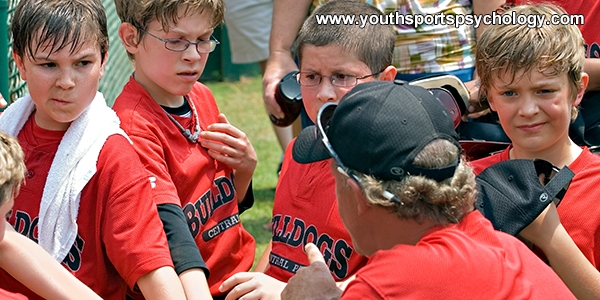Communicating With Sports Kids After Games
Sports parents often ask how to best communicate with their sports children after a game.
This is a critical question; the messages that parents give their sports kids after a game can do wonders for their self-esteem and confidence, or on the contrary, do the very opposite.
Sometimes, parents make the mistake of bringing up their children’s negative performance.
Even when the sports parents are trying to be helpful, the kids most likely will only hear that they’ve done poorly, especially after a rough game.
During these times, it is NEVER a good idea to bring up mistakes. They are most likely already down on themselves. And this will sink their confidence.
Instead, start by focusing on some positives.
For example, if you know your basketball-playing kids are working on staying between their opponents and the basket on defense, say something about their improvement… Bring up other small, positive details you noticed in their game to help boost their confidence.
It is important to note that while you shouldn’t harp on failure, you should also not reward too much based on success.
You need to build the idea that your athletes’ performance does not reflect on them as people.
If their self-esteem is tied into how they play, they will emotionally suffer with every loss or bad game, and the toll will take the fun from the sport.
Remind your kids that they should enjoy themselves!
Related Articles on Youth Sports:
- Do Your Young Athletes Feel Satisfied after a Game?
- Sports Parents: How Do You React After a Game?
- How to Help Athletes Feel Confident After a Game [Podcast]
*Subscribe to The Sports Psychology Podcast on iTunes
Help Young Athletes Boost Confidence in Sports!
Every day, we receive letters from parents like you who want their children and teens to excel in sports. However, these parents can see fear, doubt, and frustration on the faces of their kids who struggle with the “inner” game of sports. But these parents have no idea how to help their kids overcome the worries, expectations and self-defeating thoughts that prevent their young athletes from feeling confident and successful.
You can benefit from our 15-plus years’ of work in sports psychology and sports parenting research. Now, you can tap into our secrets to sports success through a cutting-edge, 14-day program that helps young athletes overcome the top “mental game” challenges that sports parents face—and the top challenges young athletes face.


